Airfares are a hot topic this summer. It is important to send out a clear and transparent message so that consumers and businesses can understand each other better, share difficulties and together build and develop a healthy air transport market. Nhan Dan Newspaper reporters spoke with Dr. Nguyen Duc Kien, former Head of the Prime Minister's Economic Advisory Group, about this issue.

Reporter: Recently, public opinion has been very concerned about the inadequacies in airfares. From the perspective of a researcher, how do you view this issue?
TS Nguyen Duc Kien : Aviation is a special market and always receives the attention of consumers, so it is normal to have opinions about the ticket prices of domestic flights operated by Vietnamese airlines. However, from the perspective of state management, it is necessary to have an overall view, set long-term goals of both development and macroeconomic stability, and harmonize the interests of three parties: the State, businesses and consumers.
The Resolution of the 13th National Party Congress continues to affirm the persistence in building a socialist-oriented market economy and explains relatively clearly the operating model of the Vietnamese economy. Accordingly, first of all, the Vietnamese economy operates on the basis of respecting the laws of the market economy, thereby creating a solid foundation for accumulation, development and reinvestment in infrastructure and essential services to improve people's lives.
Thus, if viewed from the perspective of the aviation market alone, the ticket prices in the second quarter of 2024 are clearly reflecting the market rules, not approaching the peak price in 2019 and still within the scope of the Price Law. Compared to the Covid-19 pandemic period (2020-2022), the current ticket prices are indeed high. However, when comparing ticket prices in the second quarter of 2024 with the pandemic period, we are comparing a normally developing economy with a period of particularly severe stagnation on a scale not only of the country but also globally.
During the Covid-19 period, many 5-star airlines in the world had to restructure with the help of the governments of various countries. In Vietnam, the number of aircraft has decreased sharply due to the difficult situation of Pacific Airlines and Bamboo Airways. In particular, the technical problem with the A321 aircraft engine has dealt a heavy blow to all airlines in the world, and Boeing's technical problem with the B737 Max has further aggravated the problem of aircraft shortage and high rental prices. Vietnamese airlines have not yet had time to "recover" from the pandemic, and continue to face additional pressure due to increased input costs, inevitably pushing up service prices. The general trend in the world in terms of airfares is to continue to increase, approaching the prices of the pre-Covid-19 period, and the Vietnamese aviation market is no exception.
Therefore, I think that public outrage is normal. However, those who work in policy planning and communication need to understand the context clearly in order to send appropriate messages. This issue has also been noted by the Prime Minister when assessing the country's economic management, as in the report before the 4th session of the 15th National Assembly. It is necessary to send out clear and transparent messages so that consumers and businesses can understand each other better, share difficulties and work together to build and develop a healthy Vietnamese air transport market.
Reporter: Facing the same problem as mentioned above, how have countries in the region with strengths in tourism dealt with the issue of airfares and attracting tourists, sir?
TS Nguyen Duc Kien : This question is very broad, not only in the field of air transport but also related to other modes of transport, as well as the connection to form a unified tourism product, including carriers, accommodation facilities and tourist destinations.
Thailand and Singapore faced similar difficulties as Vietnamese airlines during the pandemic, but the governments of these countries made very bold decisions, going beyond many theories of business freedom to increase State intervention in the market. For example, Thai Airways was sponsored by the Thai Government to declare restructuring as a bankrupt enterprise, thanks to which they were able to restructure their debts and renew their fleet. More importantly, Thailand organized a unified playground for aviation businesses, tourism businesses and key tourist destinations. Thanks to that, with the same total cost for a trip, the profit is shared equally among the parties involved in forming that tourism product. Thai Airways' short-haul ticket prices may be cheaper than those of other countries in the region, but in return, they receive an additional fee from accommodation establishments and service businesses at tourist destinations for bringing visitors. Such sharing helps airlines balance their operating costs.
Another case is Singapore Airlines, which received government support to upgrade its fleet of brand new, high-quality aircraft to become one of the prestigious 5-star airlines in the world. Therefore, Singapore Airlines' asset depreciation cost is lower than that of other airlines that have to arrange their own financial resources to renew their fleet. Singapore Airlines' international airfares are comparable to other 5-star airlines, but they are competitive thanks to improving the quality of service, including onboard, at the airport and at the destination.
Unfortunately, due to our limited resources and lack of experience in handling businesses facing crises in both the market and corporate finance, we have missed the opportunity to support Vietnamese businesses in restructuring when facing market and financial difficulties.
Reporter: It can be seen that limited resources are a bottleneck for Vietnamese transportation and tourism businesses in the recovery process. So what is your assessment of the recovery and development potential of this industry in the near future?
TS Nguyen Duc Kien : This is a very special period for the world economy and the Vietnamese economy. The Government has discovered the problem and taken drastic actions to support the development of transport enterprises in general and aviation in particular. During the Covid-19 pandemic, the State has simultaneously reduced taxes, fees and charges to reduce input costs for airlines, simplified procedures for leasing aircraft, etc. The Government has approved the Master Plan for Transport for 5 areas including roads, railways, waterways, maritime and aviation.
After completing the planning, the capacity of the public transport industry will be able to meet all market segments, from high to middle and low income people. Currently, we are only seeing the remarkable development of the automobile transport industry, while aviation has not yet overcome its difficulties, railways and maritime are in the process of transformation,... When these modes of transport develop synchronously, a complete system with methods that maximally support people's convenient travel will be created, and the costs of the methods will inevitably be adjusted to a reasonable level and accepted by consumers.
Reporter: Thank you very much! ■
Source: https://baolangson.vn/hai-hoa-loi-ich-ba-ben-trong-gia-ve-may-bay-5012576.html


![[Photo] Prime Minister Pham Minh Chinh receives leaders of Excelerate Energy Group](https://vphoto.vietnam.vn/thumb/1200x675/vietnam/resource/IMAGE/2025/5/29/c1fbe073230443d0a5aae0bc264d07fe)
![[Photo] Prime Minister Pham Minh Chinh attends the event "Digital transformation of the banking industry by 2025"](https://vphoto.vietnam.vn/thumb/1200x675/vietnam/resource/IMAGE/2025/5/29/0e34cc7261d74e26b7f87cadff763eae)












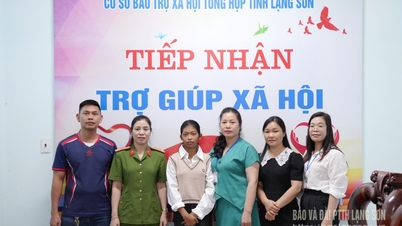

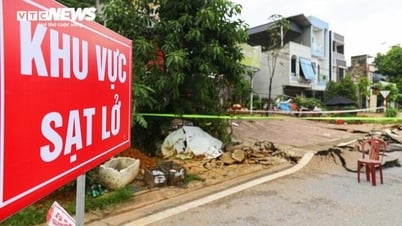
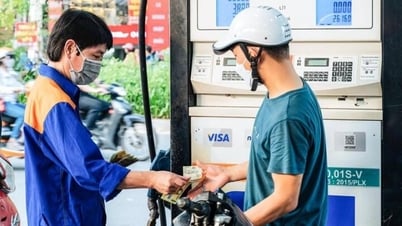





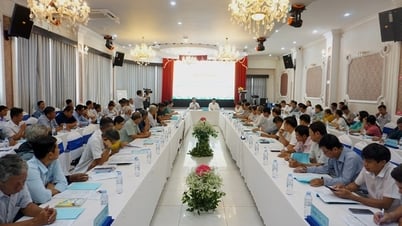
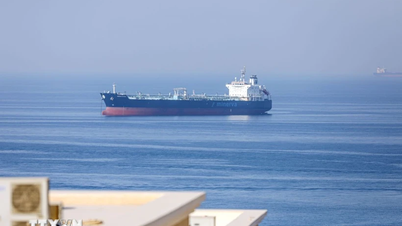






























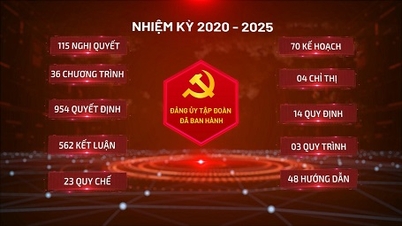


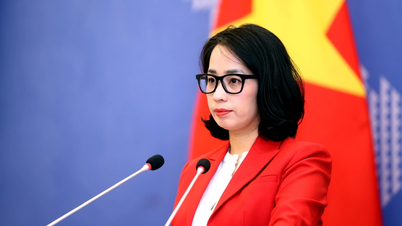


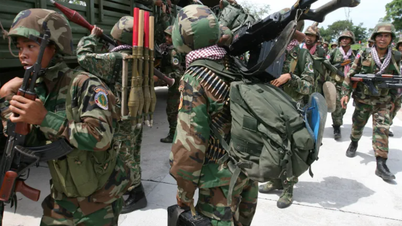




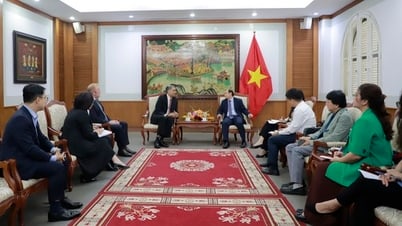


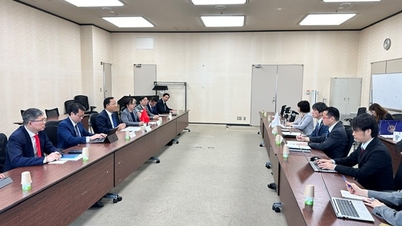

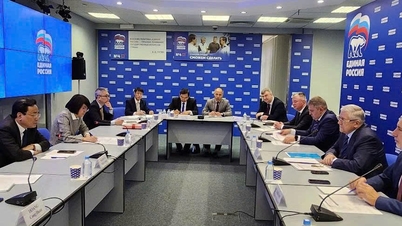

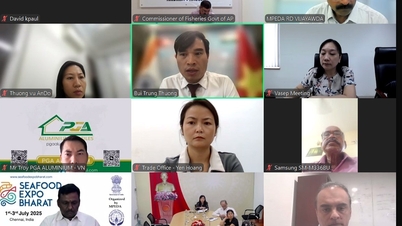






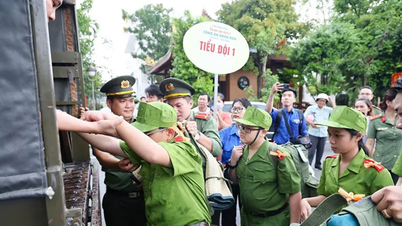





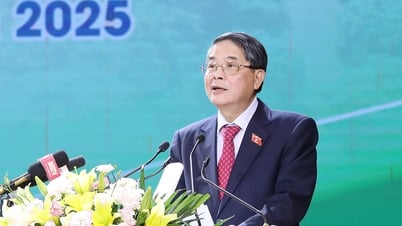






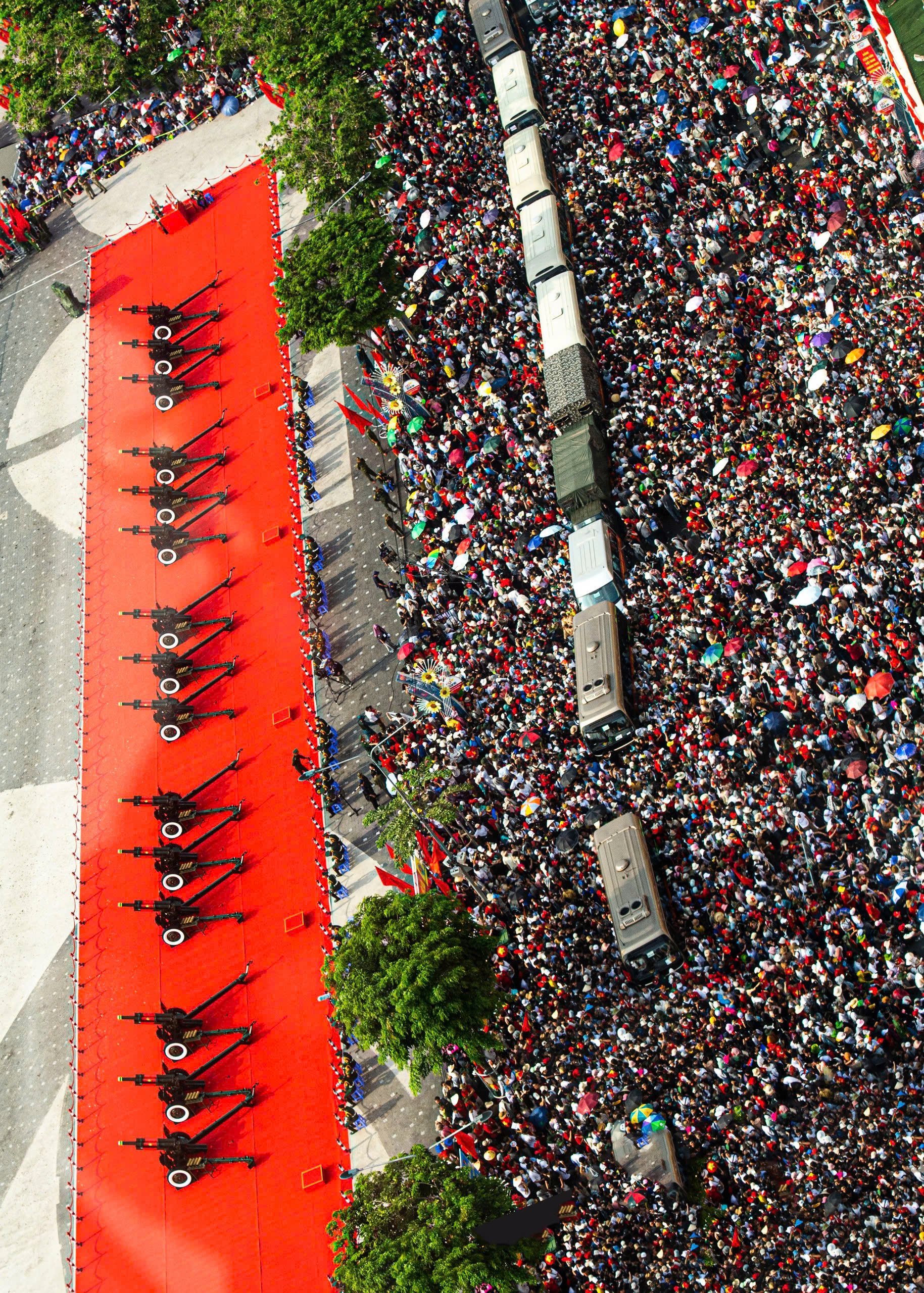



Comment (0)